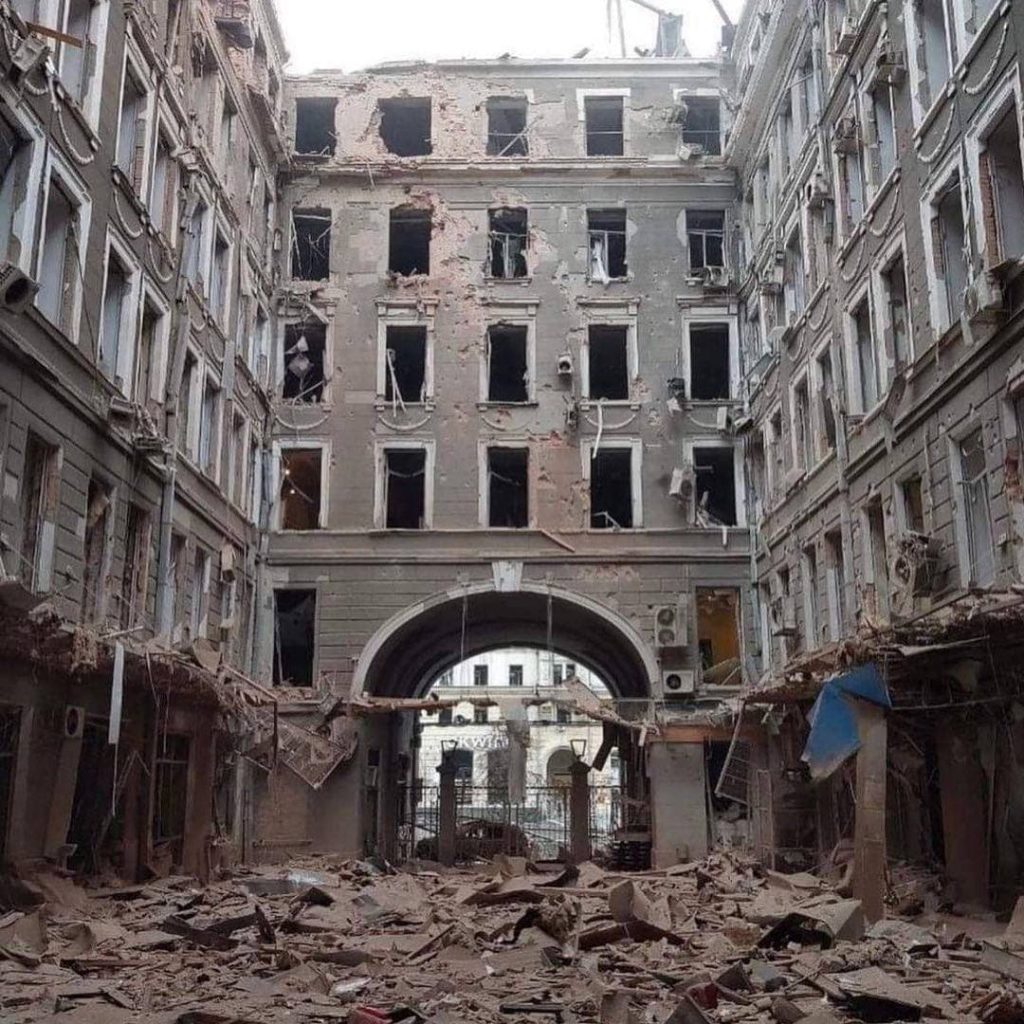(Editor’s note: The following article was written in a fluid situation and from an undisclosed location in Ukraine. It contains information that was current as of noon Kyiv time on March 3.) UKRAINE – Russia has made little appreciable headway in its attempt to conquer Ukraine with a multi-pronged invasion that started on February 24....

